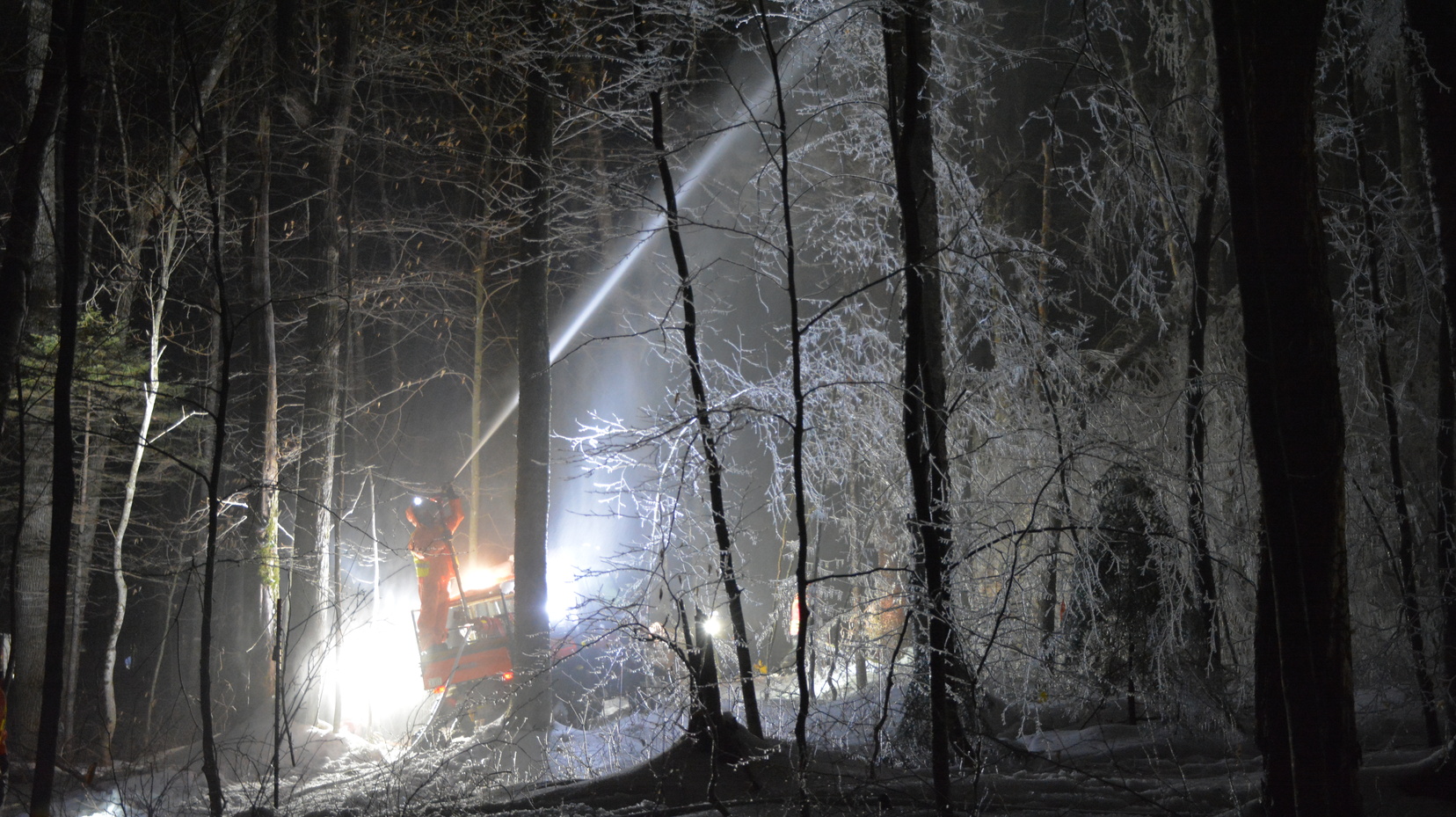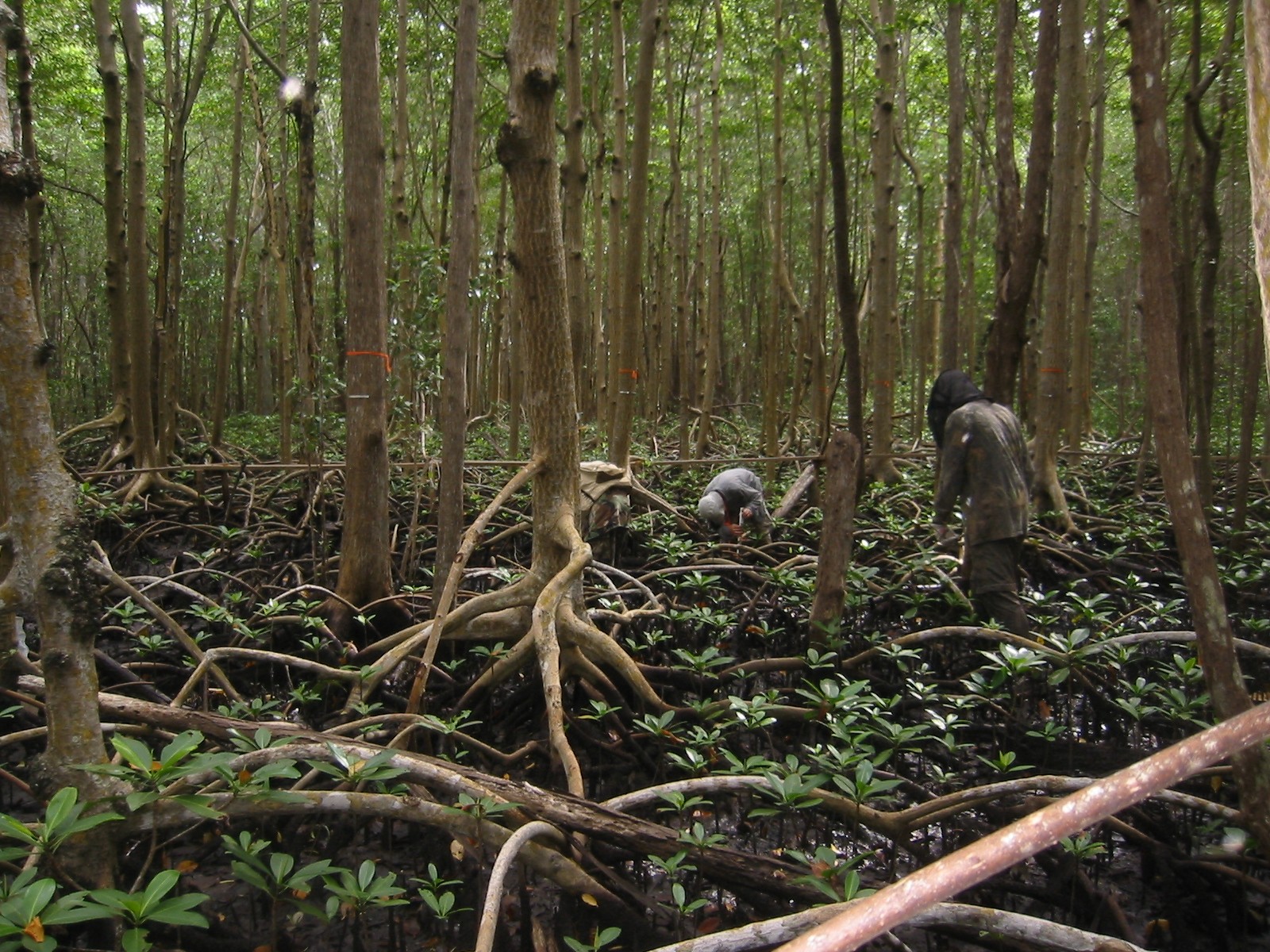Many LTER sites are located on field stations operated by the USDA Forest Service, USDA Agricultural Research Service, NOAA Estuarine Research Reserves, or other science and management entities. The resulting close cooperation ensures that the research produced by the LTER program is incorporated quickly into environmental management policy and practice. Conversely, LTER investigators interact regularly with managers and are able to address their questions and concerns as part the research program.
At the Hubbard Brook LTER, for example, Forest Service managers grappled with both the immediate and long-term effects of increasingly frequent and severe ice storms. Will a quarter inch of ice lead to downed trees and massive power outages? What about a half-inch? Are those snapped trees a major disturbance to ecosystem functioning or just a bump in the road? Do they increase the vulnerability of a forest to other stresses, such as pests or droughts?
Working together, LTER and Forest Service researchers designed an experiment that would allow to observe forest functioning before — and for many years after— an ice storm of their own making. By creating an artificial ice storm, they could precisely control the amount of icing and could follow the long term effects on forest composition and function. The resulting information will be valuable to both ecologists and utility companies.

Credit: US Forest Service Northern Research Station
Similar examples can be found across the Network. Science from marine and coastal LTERs is a key component of the Regional Action Plans (RAP) developed by the National Oceanic and Atmospheric Administration.
At the Virginia Coast Reserve, researchers cooperate with the Nature Conservancy to learn about the effectiveness and impacts of living shorelines. Research on the factors affecting shrub encroachment conducted at the Jornada Basin LTER is influencing range management decisions across the western U.S. through investigators’ relationships with USDA managers.
At the North Temperate Lakes LTER, the Yahara 2070 Project (funded through the NSF’s Water, Sustainability and Climate Program) is catalyzing a community discussion on the future of freshwater in the region. The depth of research available through the NTL LTER grounds those discussions with models and hard data, allowing the members of the community to focus on their shared goals and aspirations.
Researchers at the Florida Coastal LTER work closely with Florida’s water managers to bring the best available science to the difficult decisions surrounding freshwater flows for nature and people, storm protection, and saltwater inundation. A recent issue of Restoration Ecology synthesizes decades of research and makes it available for managers and local leaders.
LTER research helps inform decisions at regional, national, and even international scales, but these local partnerships are among the most vital and productive. To find an LTER site in your region and learn more about the research happening near you, visit the LTER Network map.











